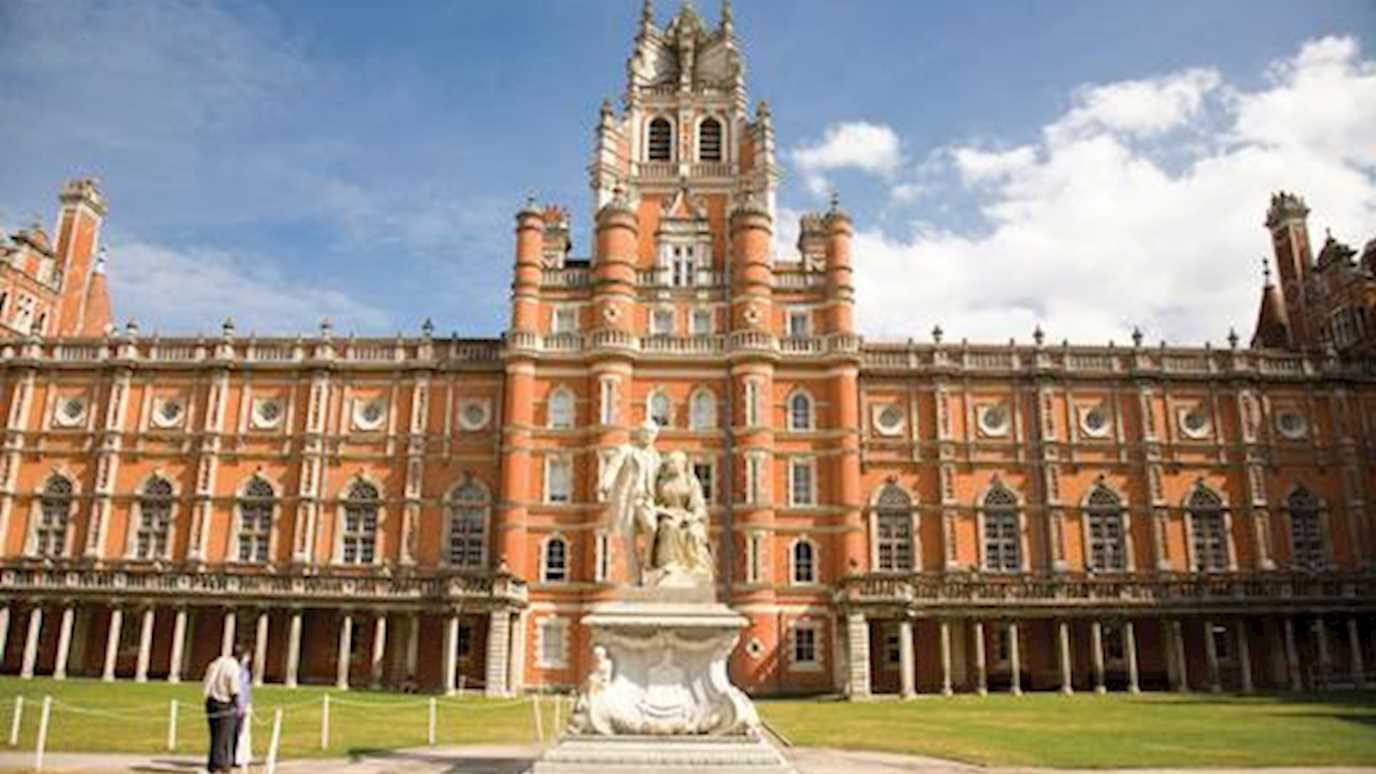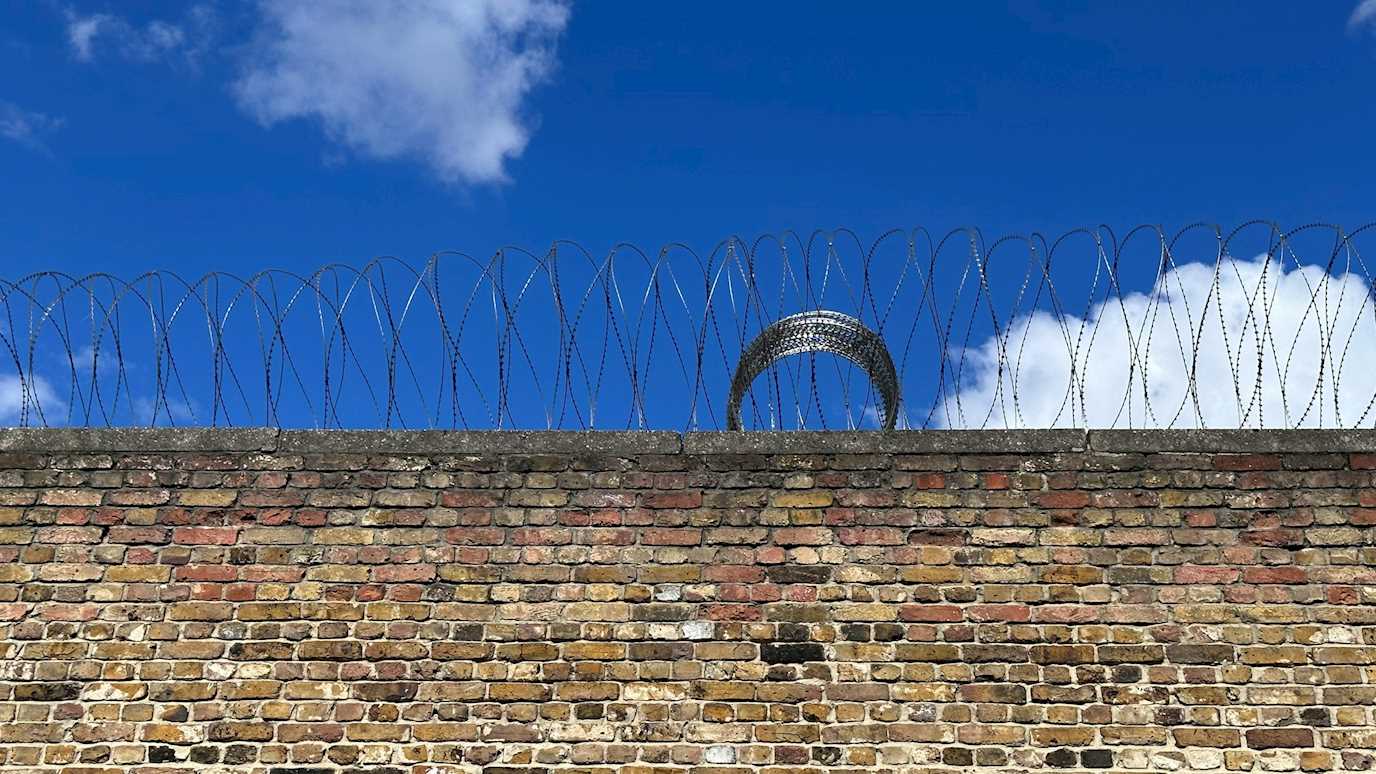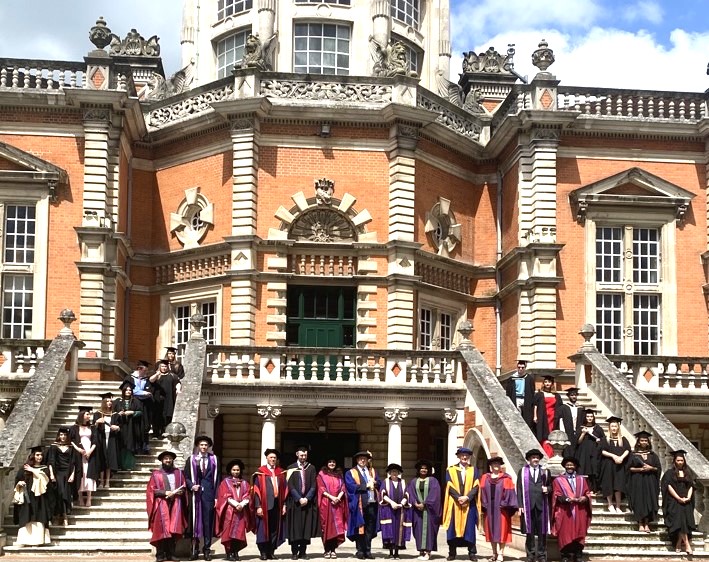The workshop brings together professionals and scholars from a wide array of disciplinary backgrounds to revitalize interest in legal reasoning for research and education purposes. They will work together (1) to develop a draft position statement about the state of legal reasoning research, and (2) to set the agenda for a collaborative research network on the topic.

Over two half-days in Royal Holloway’s magnificent Large Boardroom in the historical Founder's Building, data science and legal practitioners as well as scholars of law, rhetoric, computer science, complex system, and philosophy will explore the state of legal reasoning research and its application to education and practice.
Participants will look at the computational, logical, and rhetorical modelling of legal reasoning to identify the role machines and humans could play in creating persuasive legal arguments. The envisioned working environment is the predominantly case-based legal setting of the courtroom where persuasion is achieved by arguments which are legally and logically sound, and carefully crafted according to the principles of oratory and rhetoric. The aim is not simply to lay the foundation for collaborative research into legal reasoning, but we also wish to give a central role to this topic in legal education in an age when technological advancement pushes communication and argumentation skills to a decline.
We invite delegates to prepare notes on the above issues from their own disciplinary perspective by using, if they wish, the judgement in R v Bentham [2005] UKHL 18 which we propose to be a prompt for our discussion. With wide-reaching consequences about the concept of possession, the panel was seeking to answer whether “a person who has his hand inside a zipped-up jacket, forcing the material out so as to give the impression that he has a gun, be held to have in his possession an imitation firearm within the meaning of section 17(2) of the Firearms Act 1968”.
The organisers (Dr Marton Ribary and Dr Lawrence Newport) anticipate developing high-level notes prompted by this judgement into a draft position statement. The draft will also serve as the first step towards establishing a collaborative research and educational network around the topic of legal reasoning. We wish to conclude the workshop by taking concrete steps towards this goal by identifying relevant funding schemes for networking, education and research, and start drafting a proposal. The programme of the event and the instructions on how to join are available here.
























